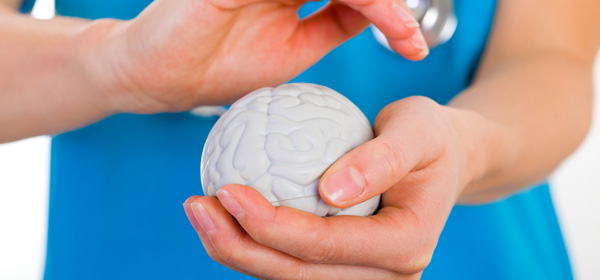Do you want the good news or the bad news? Most people ask for the bad news first. Here goes …
There is no sure-fire way to prevent dementia, according to Alzheimer’s Australia.
There are risk factors you simply cannot control, such as genetics. But the biggest risk factor for dementia is ageing and that can’t be changed.
Now for the good news: there are other risk factors that you can manage with lifestyle changes or medical treatments. Here are seven steps to reducing your risk of dementia.
Related articles:
Dementia: are men seeking help?
Keep dementia test in mind
Forgetfulness or dementia?
1. Stay physically active
For 30 minutes a day, five times a week, you should try and do enough exercise to raise your heart rate and be a little out of breath. The best way to do this is with a brisk walk, easy bike ride, or a short swim. Or you could take an exercise class or join a dance group.
2. Quit smoking (or don’t take it up)
If you’re a smoker, it may be time to quit. If you’re not, then don’t start. Smoking not only increases your risk of developing dementia, it’s also bad for your lungs, heart and circulation.
3. Eat healthily
Ensure that your daily diet includes the recommended fruit and veg, as well as oily fish, seeds and nuts, unrefined cereals and olive oil. Try to steer clear of saturated fats, red meat and foods high in salt and sugar. A healthy diet reduces your risk of dementia, heart disease, stroke and type 2 diabetes.
4. Watch your alcohol intake
Ensure that you stay within the recommended alcohol intake levels. This is 14 units per week, or four to five glasses of wine or seven pints of beer, spread over a minimum of three days. If you go over this limit, you’ll increase your dementia risk.
5. Have regular health checks
It’s important to have all the regular health checks recommended for your life stage. Your blood pressure, weight and cholesterol are linked to dementia, so early recognition of any problems in these areas will help to minimise the onset of cognitive decline. Other health conditions to guard against are heart disease, stroke and diabetes. If you already have any of these conditions, be sure to follow medical advice given by health professionals, including having medication and other treatment. If you’re feeling lonely or depressed, please seek help earlier than later.
6. Watch your weight
You don’t have to be stick thin but, if you want to lower your risk of cognitive decline, you should try to maintain a healthy weight. This will also reduce your chance of heart disease, type 2 diabetes and stroke. If you exercise for half an hour each day and follow good dietary guidelines and sensible alcohol intake, you shouldn’t have a problem maintaining a healthy weight. It may take some work, but it will be worth it.
7. Stay mentally active
Simple activities such as reading, doing puzzles, word searches, crosswords, playing cards or learning another language will keep your brain active. Join a club or volunteer. Or you could try playing video games or learn a new hobby. It may also be as simple as having conversations with friends or being socially engaged. An active mind means less risk of dementia.
For more tips on how to keep your brain active and reduce your risk of Alzheimer’s, head to Your Brain Matters.
How do you keep your brain active? Do you have any advice for how to help people maintain a healthy weight? How do you safeguard against dementia?

